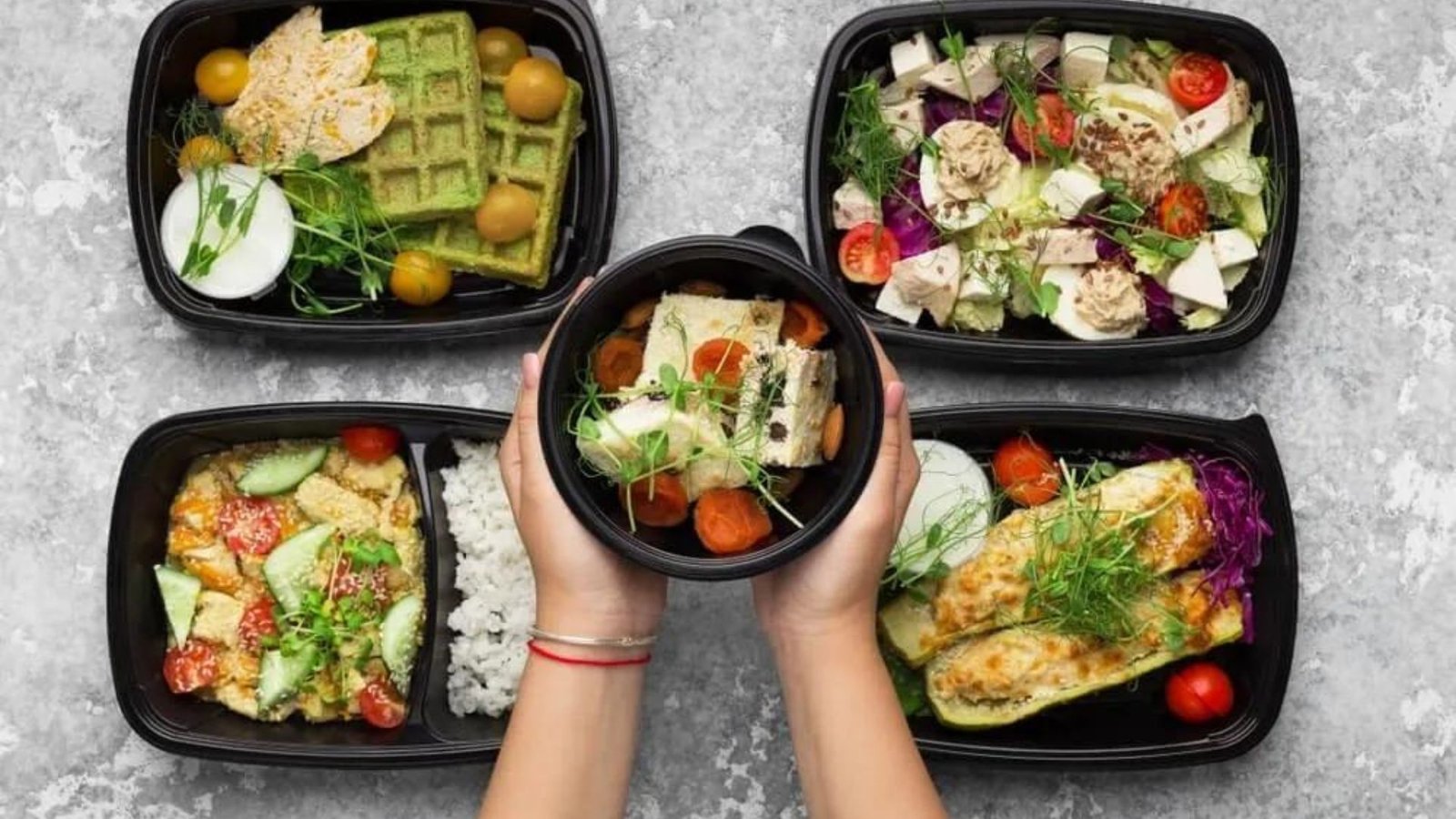Eating healthy on the road can be a challenge, but with the right strategies, it’s entirely possible. When you’re travelling, whether for work or pleasure, sticking to nutritious meals doesn’t have to be complicated. Let’s give you tips on how to make sure you maintain a healthy diet while you’re on the go.
Eating Healthy on the Road
1. Plan Your Meals in Advance
One of the best ways to ensure you eat healthy on the road is to plan your meals ahead of time. Before your trip, research healthy dining options along your route or at your destination. This way, you won’t be scrambling for food when hunger strikes. Look for restaurants with nutritious menu options and make a list of places you can visit.

2. Pack Your Snacks
Packing your snacks is a game-changer for eating healthy on the road. Choose snacks that are easy to carry and won’t spoil, like mixed nuts, dried fruit, or whole-grain crackers. These options are not only healthy but also convenient for those long stretches between meals.
3. Stay Hydrated
Drinking plenty of water is essential for maintaining good health, especially while travelling. Dehydration can make you feel sluggish and can sometimes be mistaken for hunger. Carry a reusable water bottle with you and refill it regularly to stay hydrated throughout your journey.
4. Choose Fresh Fruits and Vegetables
Fresh fruits and vegetables are a great choice for eating healthy on the road. They are packed with vitamins and minerals that can keep your energy levels up. Consider packing portable produce like apples, carrots, or bell pepper slices. These can be great snacks and easy to eat on the go.
5. Opt for Balanced Meals
When you eat out, look for meals that offer a good balance of protein, carbs, and healthy fats. For example, a grilled chicken salad with a variety of vegetables can be both filling and nutritious. Avoid meals that are overly processed or high in sugar and unhealthy fats.
6. Be Mindful of Portions
Portion control is important when trying to eat healthy on the road. Restaurant portions can often be larger than what you need. Try to eat slowly and listen to your body’s hunger cues. Consider sharing dishes or asking for a to-go box to manage portion sizes effectively.
7. Use Healthy Food Apps
There are several apps available that can help you find healthy food options while travelling. Apps like MyFitnessPal or Yummly can help you track your nutrition and find healthy restaurant choices. Using these tools can make it easier to stay on track with your dietary goals.
8. Avoid Fast Food
Fast food is often high in unhealthy fats, sugar, and sodium. While it may be convenient, it’s not the best choice for maintaining a healthy diet. Instead, seek out local markets or grocery stores where you can find fresh, healthy food options.
9. Prepare Your Meals
If possible, prepare some of your meals. Many hotels offer kitchens or kitchenettes, and having this option can help you stick to a healthy diet. Preparing your meals allows you to control the ingredients and portion sizes, making it easier to eat healthily.
10. Read Nutrition Labels
When buying packaged foods, take a moment to read the nutrition labels. This can help you make healthier choices by avoiding products high in added sugars, unhealthy fats, and sodium. Look for items with whole ingredients and a good balance of nutrients.
11. Make Smart Choices at Buffets
If you’re dining at a buffet, it’s easy to overeat. Instead, focus on choosing healthier options. Fill your plate with vegetables, lean proteins, and whole grains. Avoid overloading on high-calorie or fried foods, and try to limit your intake of sugary desserts.
12. Use Small Containers
If you’re bringing your food, use small, portable containers. These can help you manage portion sizes and make it easier to carry healthy snacks. Small containers also help prevent spills and keep your food fresh.
13. Incorporate Protein
Including protein in your diet can help you stay fuller for longer and maintain energy levels. Choose protein-rich foods like lean meats, eggs, or legumes. These can be great additions to your meals or snacks and help keep your hunger at bay.
14. Avoid Sugary Drinks
Sugary drinks like sodas and energy drinks can add unnecessary calories and sugar to your diet. Opt for water, herbal teas, or sparkling water instead. If you need a caffeine boost, choose black coffee or green tea without added sugars.
15. Stay Flexible
Finally, be flexible with your eating plan. Sometimes you might not find the healthiest option available, and that’s okay. Make the best choice you can with what’s available and get back on track with your next meal. Flexibility helps you maintain a healthy mindset and reduces stress about eating while travelling.
Conclusion
Eating healthy on the road requires some planning and effort, but it’s achievable. By packing your snacks, choosing balanced meals, and staying hydrated, you can maintain a nutritious diet while travelling. Use these tips to make healthier choices and enjoy your journey without compromising on your well-being.
